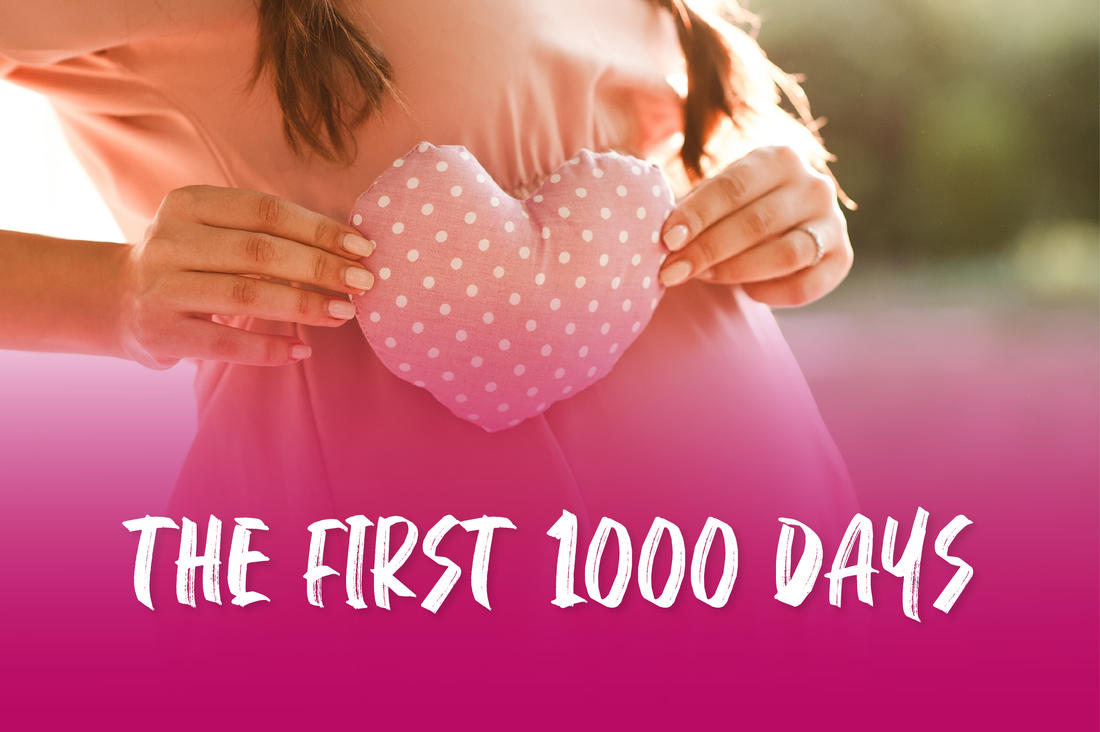
The first 1000 days
By The Graphic OnionWhat is 'the first 1,000 days'?
The first 1,000 days refers to a child's life from the moment they are conceived until they reach 2 years of age (24 months). In this period, the brain, body and immune system develop significantly. It’s a unique period of opportunity to create the foundations of good health, growth, and neurodevelopment.

While the human brain continues to develop and change throughout life, this is the fastest moment of brain growth and the period of highest plasticity. And while all nutrients are important for brain development and function, optimal overall brain development depends on providing enough key nutrients in these first 1,000 days, like protein, polyunsaturated fatty acids, iron, zinc, copper iodine, choline, folate and vitamins A, B6, and B12.
Receiving good nutrition in the womb and early life is essential for your child's future health. When you’re pregnant, your weight and lifestyle habits can influence how your baby's metabolism, immune system and organs develop. Poor nutrition during pregnancy and early life can lead to obesity, heart disease and stroke risk later in life.
To give your baby the best possible start in life, it's important to eat a healthy diet while you're pregnant and to breastfeed if possible. Once your baby starts solids, you can help them develop healthy eating habits for life.
To ensure the best possible first 1,000 days for your baby:
- Eat a healthy diet when you're pregnant
- Avoid smoking, alcohol or drugs
- Breastfeed for at least 6 months, if you can
- Make sure your baby has a healthy diet
- Give your baby lots of love and attention so they feel secure